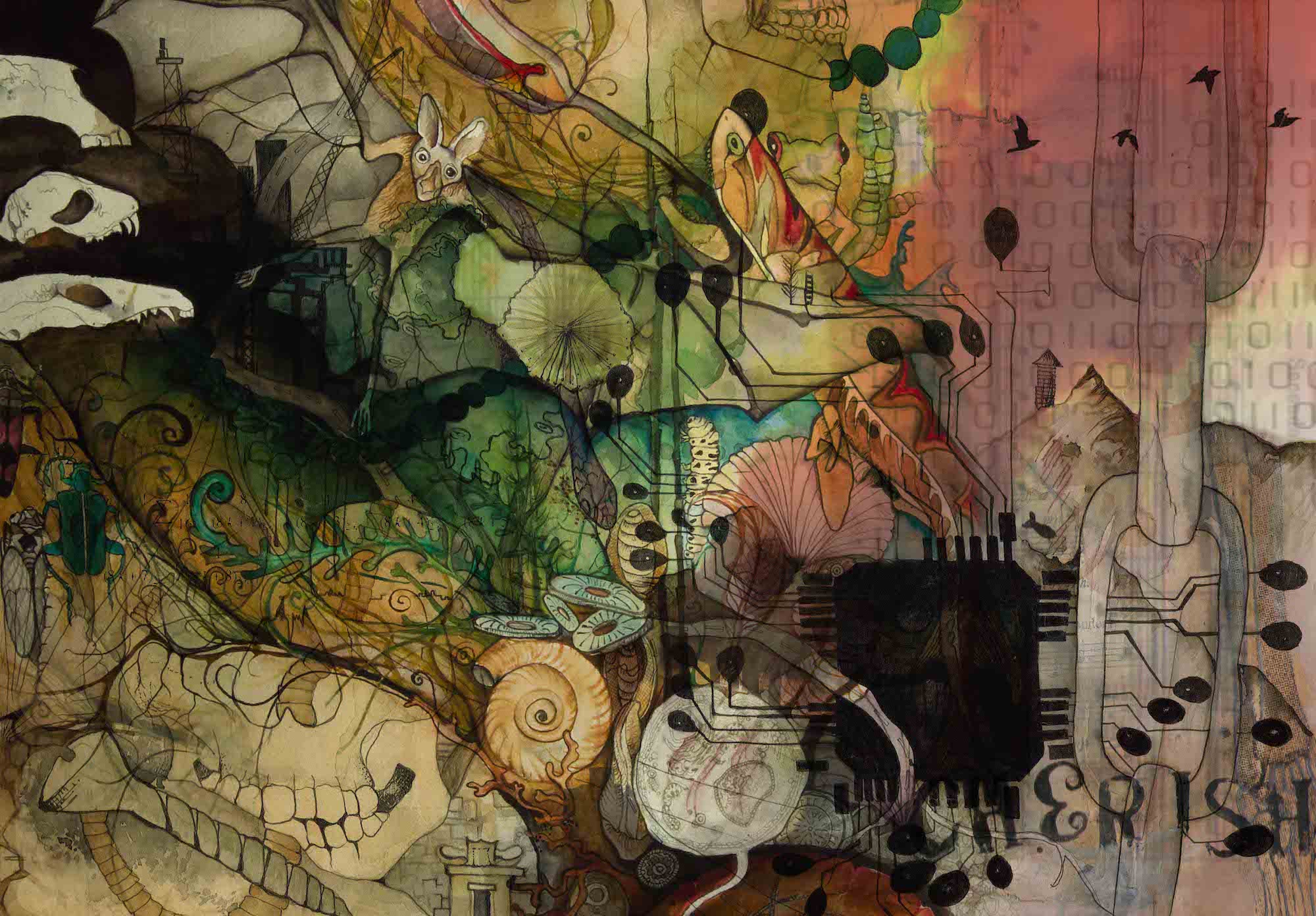A Code Red for Humanity (the Planet and its ‘Others’)
In August 2021, the UN Secretary-General António Guterres (2021) issued a press release coinciding with the publication of the Intergovernmental Panel on Climate Change (IPCC 2021) Working Group 1 report Climate Change 2021: The Physical Science Basis. The language used by Secretary-General Guterres in the press release is unequivocal:
Today’s IPCC Working Group 1 report is a code red for humanity. The alarm bells are deafening, and the evidence is irrefutable: greenhouse‑gas emissions from fossil-fuel burning and deforestation are choking our planet and putting billions of people at immediate risk. Global heating is affecting every region on Earth, with many of the changes becoming irreversible. (emphasis added)
What the Secretary-General’s identification of a code red for humanity reveals are the challenges that humans face in their presents and futures as a consequence of the actions of particular groups of humans through the last couple of hundreds of years.
What the code red for humanity doesn’t reveal are the consequences for the other organisms that share the planet as a result of the crises that it identifies. It is a ‘human exceptionalist’ or Anthropocentric view of the crisis (Haraway 2016). In this sense, the code red is both a powerful call-to-human-action, and a powerful example of the Anthropocentrism that continues to structure many of the stories that many humans tell about the planetary crisis that human actions are producing and reproducing. It is a powerful example of some of the limits of telling stories about the Anthropocene.
Our presents and futures, what we are here calling the Anthropocene, are marked by profound and highly consequential crises in multiple earth systems – oceanic, atmospheric, terrestrial and capitalist. Feminist science and technology scholar Donna Haraway (2016, p.4) highlights the crises of earth systems that situate us, all, ‘in the midst of the earth’s sixth great extinction event and in the midst of engulfing wars, extractions, and immiserations of billions of people and other critters for something called “profit” or “power” – or, for that matter, “God”.’
